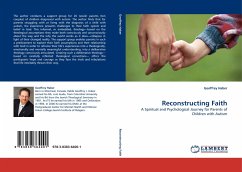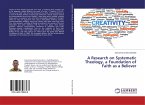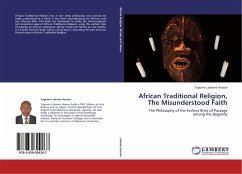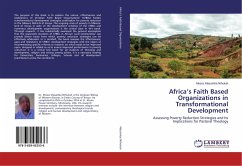The author conducts a support group for 20 Jewish parents (ten couples) of children diagnosed with autism. The author finds that for parents struggling with or living with the diagnosis of a child with autism, the experience presents challenges to their faith system and belief in God. This informal, or embedded, theology based on the theological assumptions they make both consciously and unconsciously about the way and the why the world works as it does collapses in light of their changed reality. The support group enables parents in such a predicament to explore their faith assumptions and their relationship with God in order to reframe their life s experiences into a theologically, emotionally and mentally meaningful understanding, into a deliberative theology consciously articulated. Creating such a deliberative theology based on carefully reflected theological convictions offers the participants hope and courage as they face the trials and tribulations that life inevitably throws their way.
Bitte wählen Sie Ihr Anliegen aus.
Rechnungen
Retourenschein anfordern
Bestellstatus
Storno








